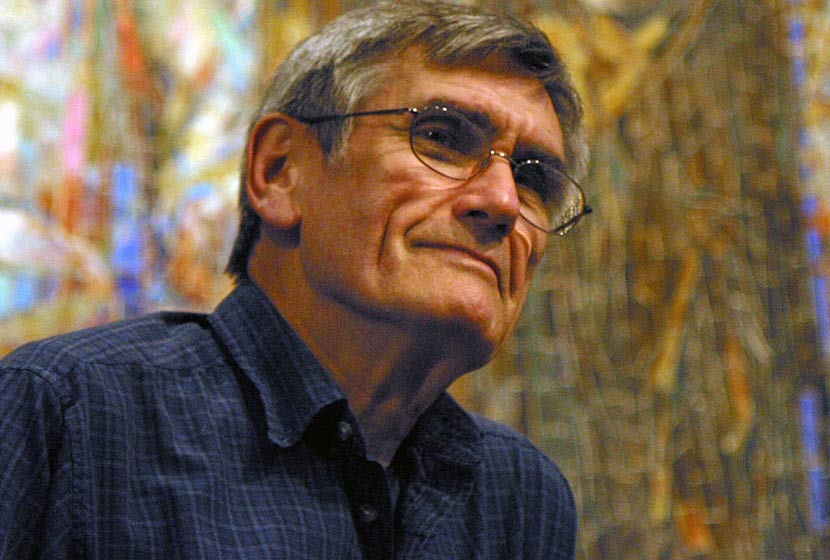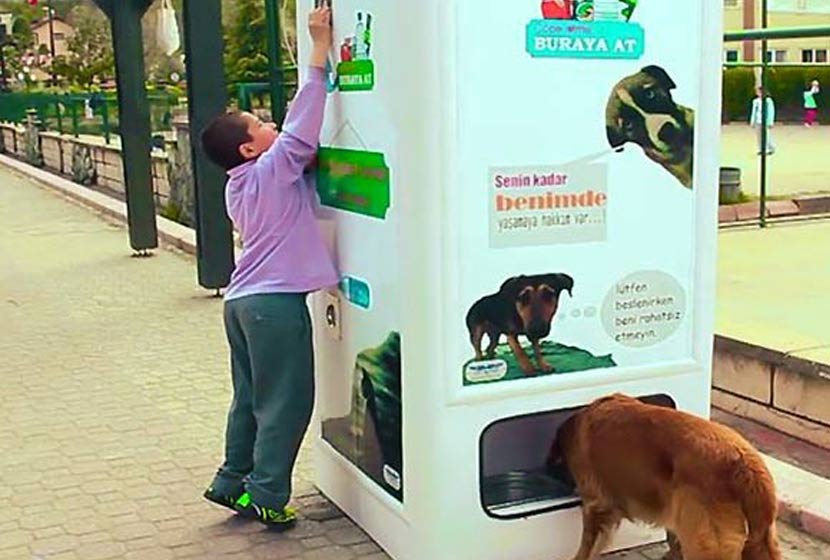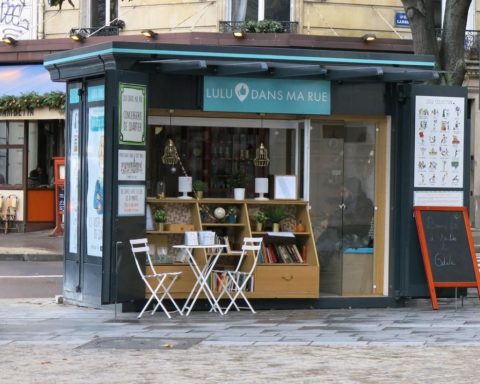Silent death of a major actor of peace and father of Non-Violent Communication.
"Violence in any form is a tragic expression of our unmet needs. »
Marshall B. Rosenberg
At the beginning of January in Paris, then in Copenhagen, Hatra or Tunis, Daech's rage and murderous madness hit the people and the historical and symbolic heritage. Violence takes back its place, slapping the inertia of the majority of us and provoking our fundamental and universal values of freedom, fraternity and democracy.
Meanwhile, in relative anonymity, Marshall Rosenberg, father of Non-Violent Communication, disappeared on February 7. He dedicated his life to understanding the workings of violence in order to provide answers and to model a practice that is as simple in appearance as it is rich and profound, and an opportunity for fundamental inner transformation for those who embark on the demanding path of peace.
Who's the man?
Marshall B. RosenbergD. in Clinical Psychology and a student of Carl Rogers, created and developed the process of Non-Violent Communication (NVC) over 35 years ago. He has traveled extensively in the United States and in many countries around the world, promoting the NVC process and contributing to peace-building and reconciliation efforts in war-torn regions.[2]
Its action and commitments
Since his childhood, Marshall B. Rosenberg has sought an answer to two fundamental questions: if we human beings love to care so much for each other, why do some people generate so much violence and suffering in their interactions, even with those they love? How is it that some people manage to remain caring, even in horrible and violent circumstances?
It is from his observations, his research, and the answers he found to these two questions that Marshall developed NonViolent Communication. This process allows us to regain our ability to think, express ourselves, listen with empathy and exercise our power in a way that promotes the basic needs of all.
Marshall B Rosenberg has published many books, including the bestseller "Words are windows (or they are walls)". He has inspired many individuals, teams and projects around the world. He received the Bridge of Peace NonViolence Award in 2006.
Marshall B Rosenberg created the CNVC, an international organization that supports the teaching and sharing of NVC, helping people to resolve conflicts peacefully and effectively, in individual, organizational and political issues.
Marshall and his associates have been teaching and applying NVC for more than 35 years in different parts of the world, including areas of conflict and violence: in Africa, the Middle East, Eastern Europe, Ireland, Southeast Asia, South America, as well as in the United States, Canada, Western Europe and Australia. NVC can be used to resolve conflicts, improve relationships and enhance performance in all areas of human activity: schools, businesses, prisons, hospitals and governments, police, gangs, the military, activists, parents, children and couples.
His message
"Imagine you're by a river and you see a baby in the water. You're going to pick up the baby and pull it out of the water. Then you see another one and you pull it out of the water. Then a third one, a fourth one. And you're going to pull them out of the water. But after a while, when you keep seeing babies in the river, you're going to stop picking up babies and you're going to go up the river to see who's throwing the babies into the water. And then maybe you will even find out which organizations are asking people to throw babies into the water. Where do I put my energy? Am I going to take the babies out of the water or am I going to invest my energy with the person throwing the babies in the water or with the gang leaders? »[3]
What's he leaving?
The coincidence of his death with the news of Daech's assassinations and destruction helps to raise awareness of the urgent need to take charge of our lives, to wake up from our torpor, the comfortable inertia where we relay information via social networks without committing ourselves to making concrete changes.
The citizen's impetus which was characterized around the slogan "I am Charlie" came to demonstrate that more than 4 million people in the streets of France, and probably at least as many in front of the television screens, shared in fraternity for democracy and the respect of freedoms.
At the beginning of January, many French citizens became aware of the words of the Marseillaise, our national anthem, and would like to keep the air of it while modifying the words so that they correspond more to our social current events, to the level of awareness of the citizens at the beginning of the 21st century. Above all, they would like it to be decorated in a context of war, exhorting more to combat than to the contemporary reconciliation of our differences.
Being aware of what we say is the precaution to the relationship that Marshall Rosenberg has been advocating for more than 35 years. The attention that we pay to the usual and everyday vocabulary that we use allows us to become aware of the historical borrowings from the language of war and to realize how much it composes our representations and conditions our words as well as our actions.
Following in Gandhi's footsteps, Marshall Rosenberg invites us to modify our communication and of course our values and representations of reality and of others so that the choice of words we use can lead to quality relationships with others. Understanding that relationships are as essential as they are precious and that they can be a factor of violence as well as peace depending on the use we make of them is an essential step on the path of inner evolution, of the modification of family and social interactions. They enable us to modify exchanges within organizations and facilitate cooperation and synergies.
To pay tribute to Marshall Rosenberg, as to all his forerunners working for peace and non-violence, is to decide to walk our talk (an Amerindian proverb that encourages us to be consistent), to pay attention to our words and decide to use words that have the delicacy of preserving each one and the relationship. It also means understanding the importance of respecting our fundamental needs as well as those of our interlocutors so that our communications are part of a benevolent authenticity at the service of the common good.
Christine Marsan (1) with contributions by Françoise Keller
[1] Christine Marsan is the author of Choosing Peace, InterEditions, 2010 and Entering a World of Cooperation, Social Chronicle.
[2] Elements describing Marshall Rosenberg's life are shared by Françoise Keller, an active member of the NVC community in France and the French-speaking world. She is the author of Practice non-violent communication. Passport to a world where we dare to talk to each other.InterEditions, 2011.
[3] Notes by Françoise Keller taken in a workshop led by Marshall B Rosenberg.












